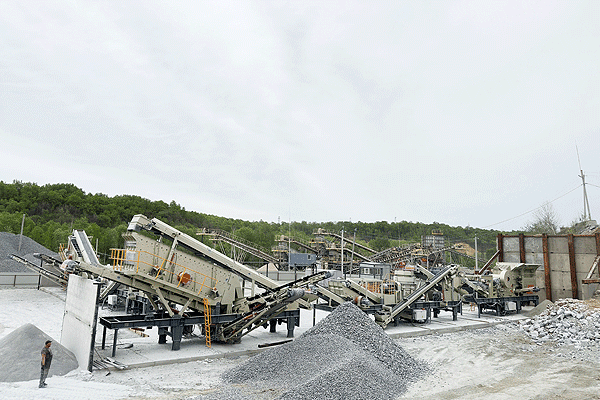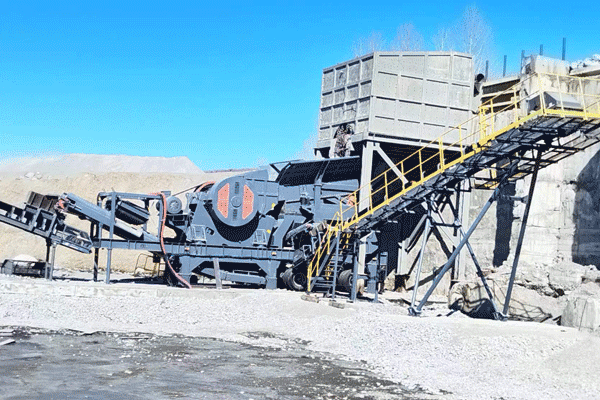How to Choose a Rock Crusher for Your Quarry
Selecting the right rock crusher is crucial for maximizing productivity and minimizing operational costs in your quarry. This guide outlines key factors to consider when choosing crushing equipment.
Understanding Your Crushing Needs
Before selecting a crusher, evaluate your specific requirements:
- Material characteristics: Hardness, abrasiveness, and moisture content of the rock
- Production goals: Desired output capacity per hour or day
- Final product specifications: Required size and shape of crushed material
Conducting material tests helps determine the most suitable crushing technology for your operation.
Types of Rock Crushers
Different crushers excel at various stages of crushing: 
- Jaw crushers: Ideal for primary crushing of hard, abrasive materials
- Cone crushers: Best for secondary crushing and producing finer aggregates
- Impact crushers: Effective for softer materials and producing cubical-shaped products
- Gyratory crushers: Suitable for high-capacity primary crushing stations
Consider combining multiple crusher types in a complete crushing circuit for optimal results.
Key Performance Factors
Evaluate these critical aspects when comparing crushers: 
- Throughput capacity: Ensure the machine can handle your peak production demands
- Energy efficiency: Look for models with advanced power-saving features
- Wear part longevity: Check expected service life of consumable components
- Maintenance requirements: Consider accessibility for routine servicing
Higher initial investment often translates to lower operating costs over time.
Site-Specific Considerations
Your quarry’s physical characteristics influence equipment selection:
- Available space for installation and operation
- Mobility requirements (stationary vs. portable units)
- Environmental regulations regarding dust and noise control
- Accessibility for transportation of large components
Measurements of loading areas and transport routes prevent logistical challenges later.
Operational Cost Analysis
Calculate total cost of ownership by factoring in:
- Purchase price and financing options
- Installation and setup expenses
- Fuel or power consumption rates
- Maintenance labor and replacement part costs
- Expected equipment lifespan
Crushing cost per ton provides the most accurate comparison between different options.
Future Expansion Planning
Choose equipment that accommodates potential growth:
- Modular designs that allow capacity upgrades
- Compatibility with additional screening or conveying equipment
- Flexibility to process different material types if diversification occurs
Investing in scalable solutions prevents premature equipment replacement as demands increase. By carefully evaluating these factors against your specific needs, you can select a rock crusher that delivers optimal performance throughout its service life while keeping operational costs under control.
